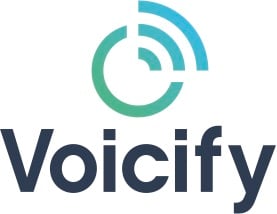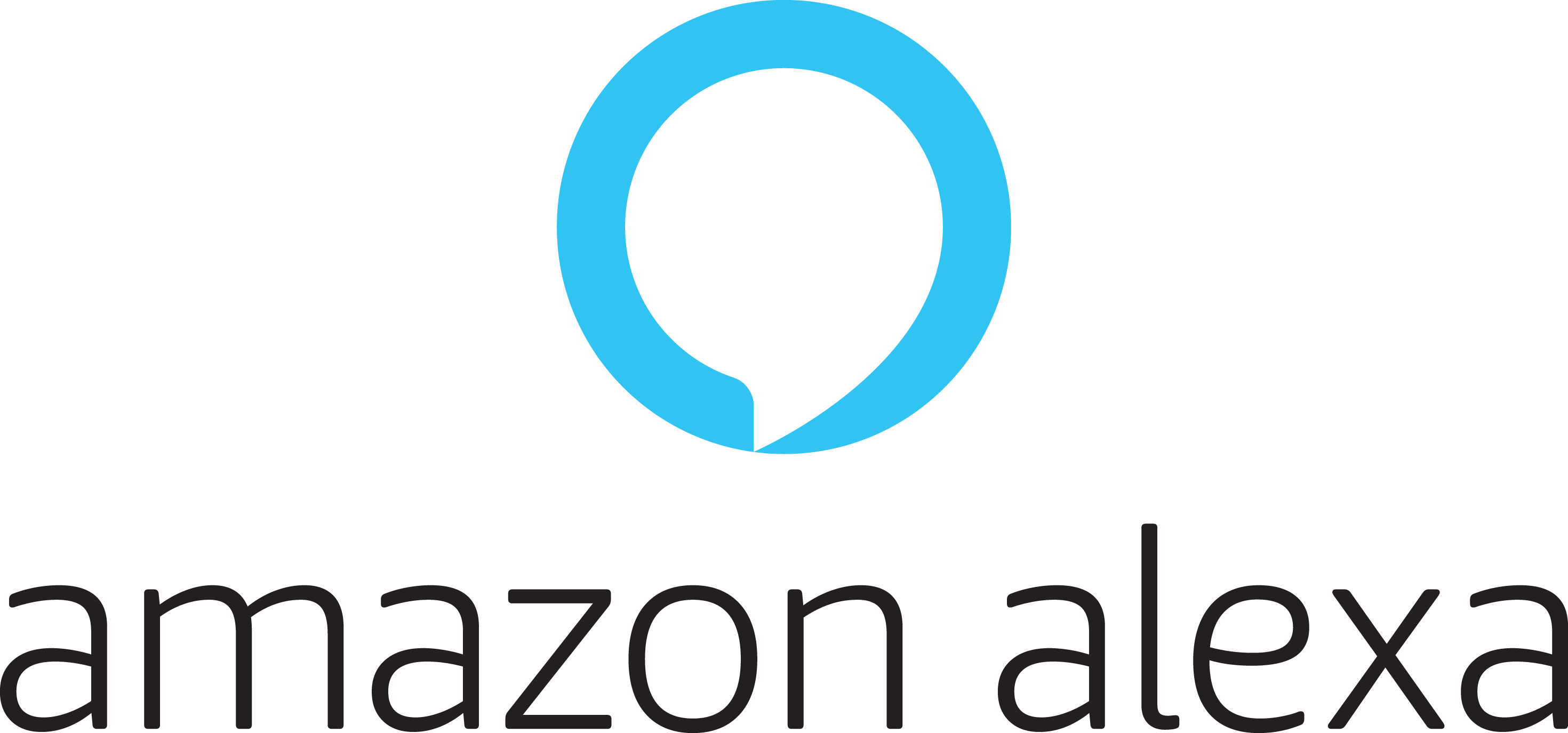
This Voice-First Startup Helps Parents Boost Their Child's Development From Home

In 1983, a three-year experiment began. Trained observers sat in 40 homes of rich and poor families to record hours of babbling between the parents and their babies. Researchers at the University of Kansas set up this ambitious project to investigate whether the language parents use during the earliest years of their child's life affected their academic success later on.
It took close to 10 years to transcribe the tapes, but the results proved revolutionary. Turns out that the reason rich kids did better in school wasn't because their parents used bigger words or read them better books—it was due to the amount of words they spoke to their child per day.
The tapes revealed that the average child in a well-off home hears around 2,100 words an hour, whereas the average child in a welfare home only heard around 600 words. Based on these results, parents need to ensure their child hears over 10,000 words a day to boost their brain development.
But the revelation doesn’t end there. Fast forward to 2018, a joint Harvard-MIT study found that bumping up the word count is only half of the story. In reality, spikes in a child’s brain response to language occurs during back-and-forth conversation. This means parents can influence their children’s language development simply by talking with them, not at them.
So now the question becomes: how are parents supposed to accurately measure their parent-child interactions? Understandably, as a parent you’d rather not slap a wearable on your kid. You likely wouldn’t trust a corporation to record your in-home conversations either (without your data being passed around to advertisers).
But one startup is showing promise that there’s a much smarter (and safer) way. With a small device, encrypted data, and an app that gives timely parenting advice—Wunder aims to help parents monitor and improve their children’s language and cognitive development.
A baby monitor for learning environments
Wunder has one mission: to help parents provide a higher quality learning environment for their children during their earliest (and most formative) years.
The startup, based in San Francisco, created a platform comprised of a baby-monitor-like device and a mobile app that, together, provide parents with objective data so they can keep an eye on their baby’s development and make sure they’re right on track.
The way it works is parents first nestle the device near the children, typically in the play area where they spend the most time. As the day rolls by, the device uses Natural Language Processing to pick up how many words the child hears a day and how engaged they are during each conversation (i.e. how many “turns” they have).
The device then sends this encrypted data to the cloud where it's processed and later distilled into the Wunder mobile app as personalized advice—like read the child a certain book or leave the TV on for less time. Parents can make good use of this valuable information to keep track of how their child is developing and tweak their day-to-day to improve their academic prospects and heighten their emotional IQ.
Naturally, as the baby grows, the factors impacting their development and the activities that boost their potential will change. Wunder’s smart tech allows their platform to evolve along with your child, so the recommendations are always age-appropriate and fit in with each stage of their development.
"Many [parents] don’t realize that the early years define their child's lifetime potential," says Wunder founder and Stanford-trained neuroscientist, Dr. Lamont Tang. "We want to solve this problem by creating a solution that enables the parents to access objective data about their child as well as research-backed content."
Making early intervention easy
"Typically we're told wait-and-see, but research tells us otherwise. Doing the right thing early is the key to child's success in life." - Wunder testimonial.
Currently, Wunder is backed by some impressive venture capital investors including Johnson & Johnson, HAX Accelerator, and Stanford StartX Accelerator. They’re also actively collaborating with Universities in Hong Kong, Sydney, and London to steer their research on children’s development in the right direction.
If you're still wondering if this new-fangled tech genuinely works, we can tell you that a study run at the Hong Kong University of Science and Technology resulted in a 27% increase of language comprehension among the tested of children. This was the group whose parents had access to feedback and tips on their interactions.
Another pilot study in 2017 reinforced the positive results of giving parents access to feedback on parent-child interactions. In this scenario, parents with the right info spoke around 40% more words on average than the parents flying blind.
With extensive science and studies backing it, there's no question that a child's earliest years are crucial in determining their IQ and emotional development. But how strongly should we lean on AI to define our parenting methods (and children's futures)?
AI intervention in children's development
There's still a lot of ethical and philosophical baggage in the field of "baby tech". While some parents may be excited at the chance of having real control over their child's potential, others can easily imagine a Black Mirror ending for all this baby-focused AI.
Uncomfortable questions start to bubble to the surface, like how this new power could drastically change "normal" childhoods. Will it drive competitive parents to strip their child of fun activities in favor of "more effective" ones? Will children be bombarded with information at all hours of the day in an effort to create a modern-day Einstein?
Sandra Sobańska, Growth Manager at Wunder, kindly explained to VOICE:
“A good analogy to what we are trying to do is the fitness industry. For fitness, because now everyone can have access to their activity and health data, they can make better decisions about their diet, sleep etc., leading to a better lifestyle. In the same way, our system gives parents the right information, at the right time, personalised to their child's unique needs, so that they can have more high-quality interactions.”
She also explained that they carefully designed the UI to be supportive (not addictive) by avoiding fear-based messaging (like comparing your kid to others their age). Instead, they use positive psychology as a bright and encouraging way for parents to decide on the best way to interact and stimulate their budding children.
You can expect to hear a lot more about this helpful tech in the coming weeks as Wunder excitedly prepares for their official product launch. Head over to their website to learn more and sign up for their pre-launch waitlist.
If you’re curious about what other voice tech startups are doing, join us at our annual VOICE Summit! If you’re in a startup yourself, you’ll be glad to know registration is free for you to come in, present, and network with potential investors. (Hard to pass it up now, isn't it?)






.png)

